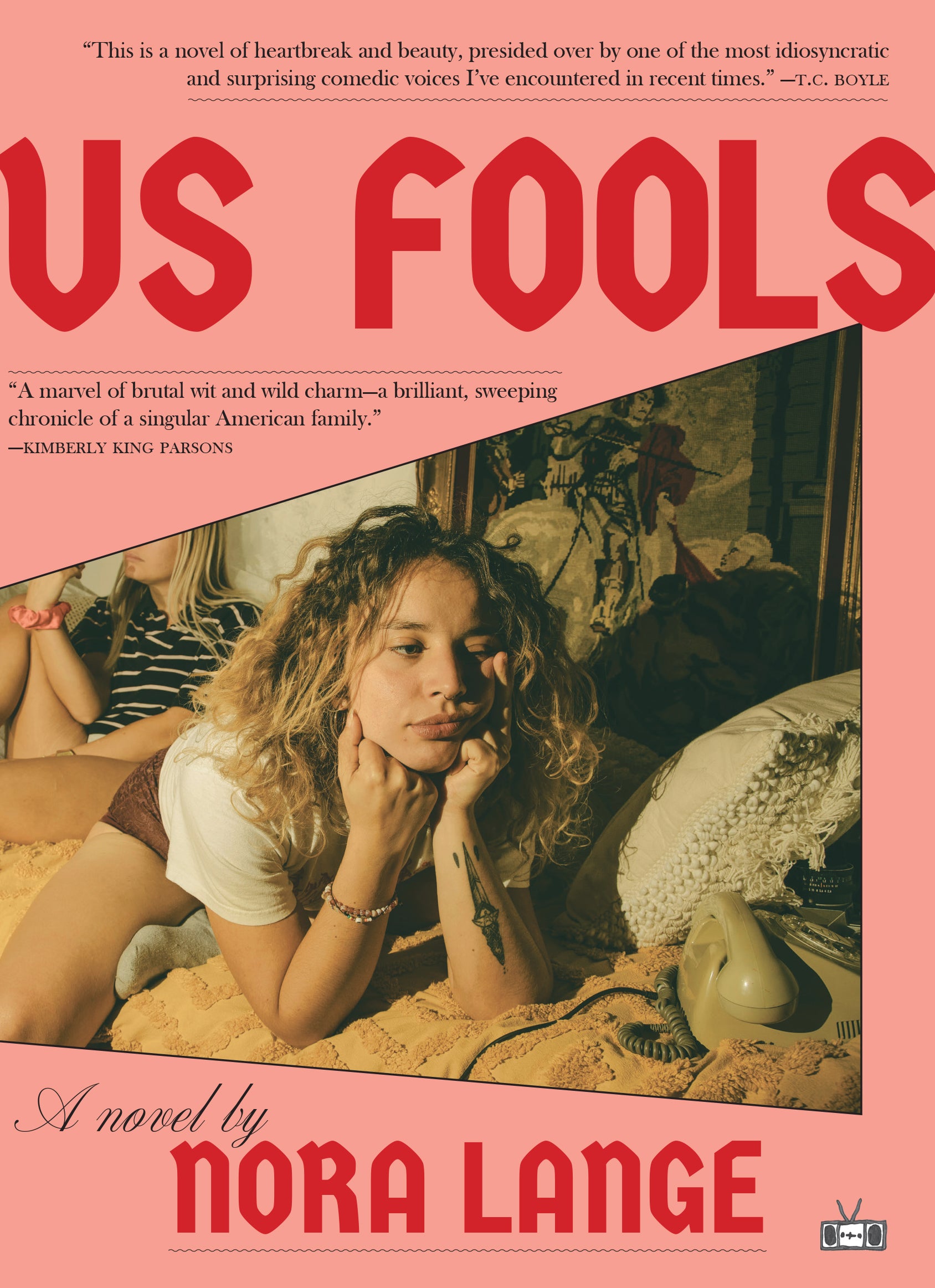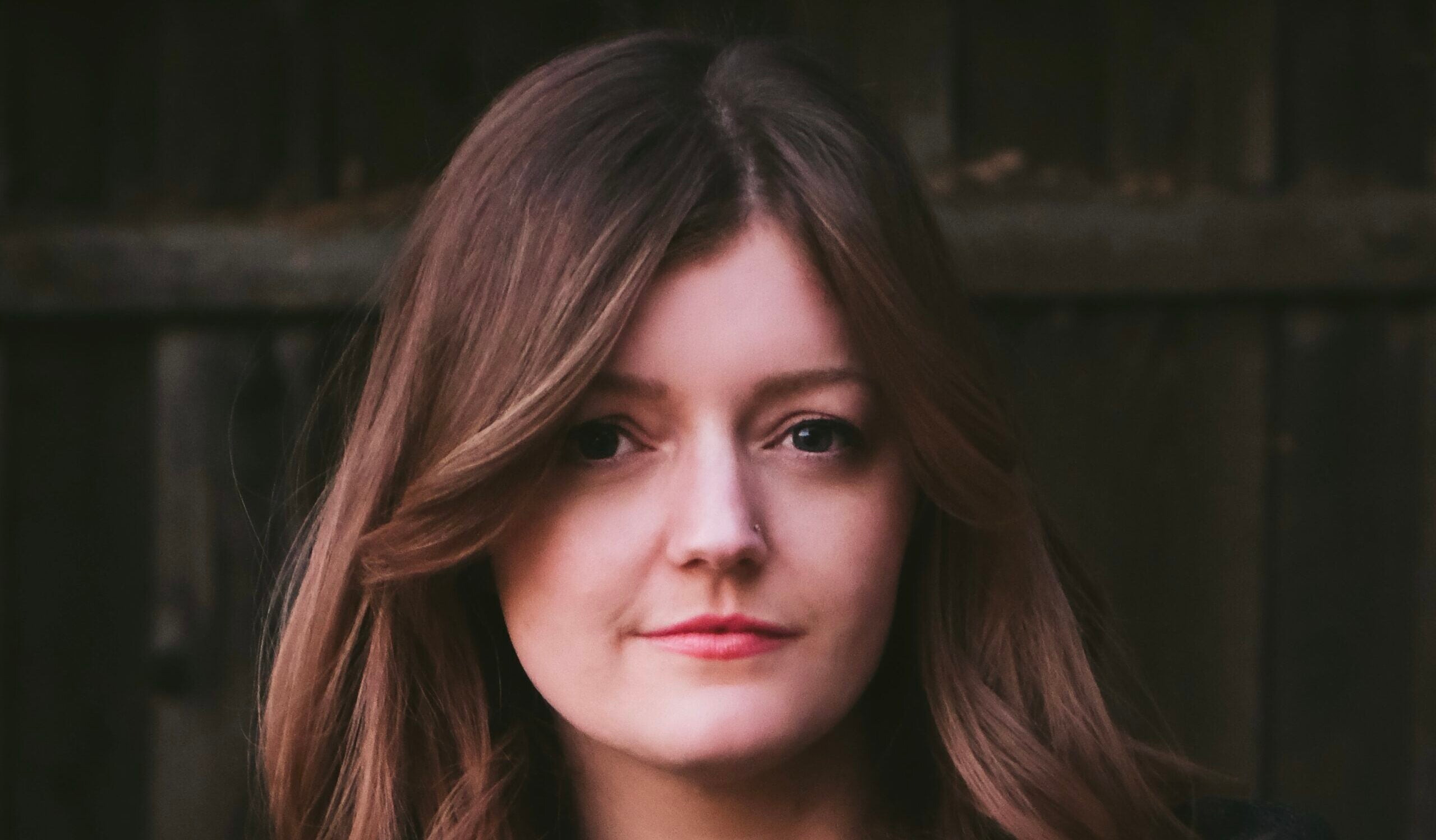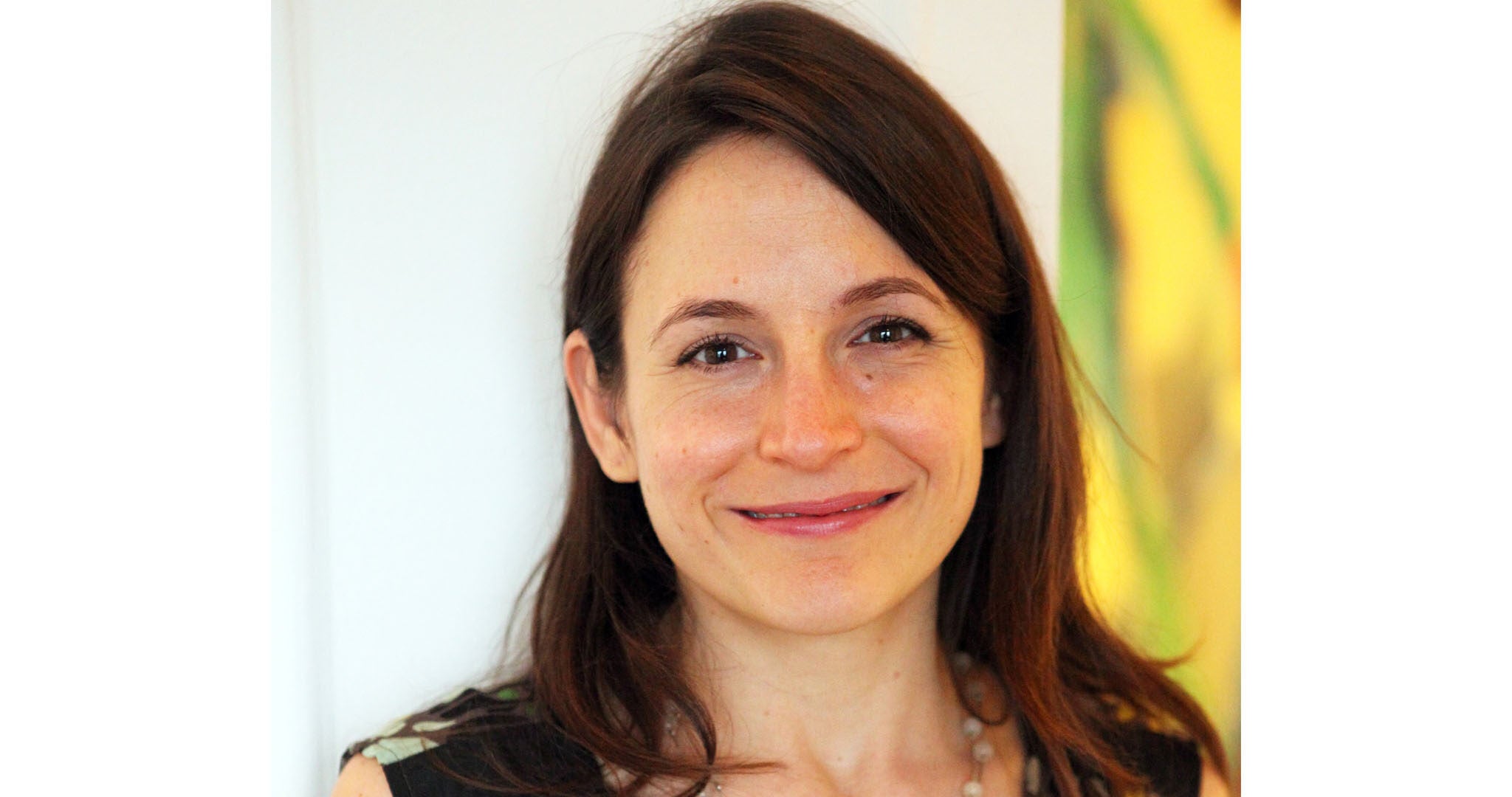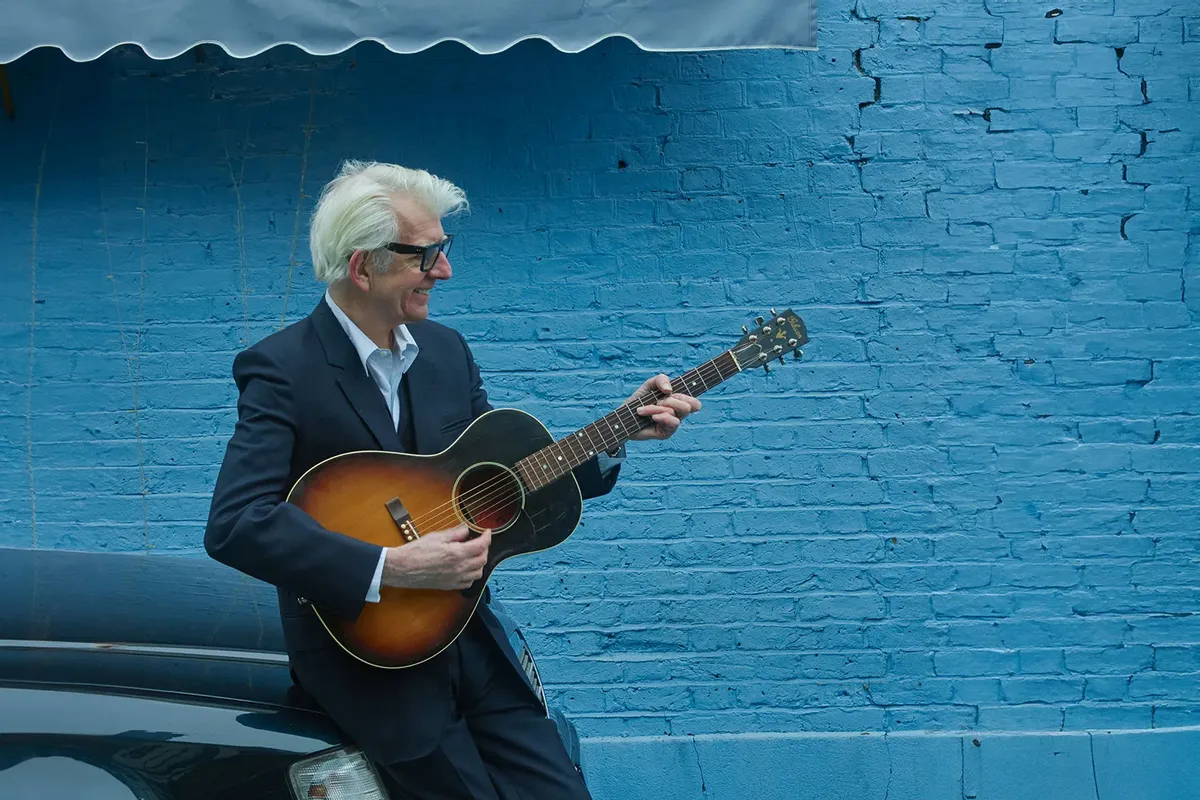If you only have time to read one novel right now, I highly recommend Nora Lange’s debut novel, “Us Fools.” But you don’t have to take my word for it.
Here’s what former WPR’s “BETA” guest T.C. Boyle says about it: “This is a novel of heartbreak and beauty, presided over by one of the most idiosyncratic and surprising comedic voices I’ve encountered in recent times.”
Lange’s novel focuses on two sisters — Joanne and Bernadette Fareown. They are raised on their family farm in rural Illinois. And it’s fair to say that they are not living the American Dream. It’s more like they are existing in the American Nightmare.
Stay informed on the latest news
Sign up for WPR’s email newsletter.
This interview has been edited for clarity and brevity.
Nora Lange: The sisters say, “We were facsimile for America. And also it was a place in which we weren’t meant to last.” But the sisters feel as though they’re a product of this country, and they are.
And so they’re consuming television and pop culture, but just on a kind of micro level. So they’re taking it in and they’re going to regurgitate it or sort who they are out in relationship to those things.
Doug Gordon: Very well said. Thank you for sharing that. You come from a long line of Midwestern farmers and you write very eloquently about the Midwestern farm crisis of the 1980s. How much, if any, of “Us Fools” is autobiographical?
NL: Not too much, but what’s interesting, is that I’ve been likening this post-publication process to psychoanalysis.
It feels like I’m discovering more about the book post-publication in some ways because I’m being asked to think about myself in relationship to it. So my kneejerk or my quick response is, “Not much.” Nothing is really autobiographical.
But on closer inspection, quite a bit is, in fact.
While I did not grow up in the Midwest, my parents are both from the Midwest. And we were taken — my brother and I — there every once, twice a year to see family or relatives, visit the cemetery, so on and so forth.
DG: You mentioned the two sisters. You describe them as products. And I wonder, is there a connection between that and the fact that their last name is Fareown? That they are owned?
NL: Interesting. I hadn’t put that together at all. And this is the first time someone has identified this. And it makes sense, actually, even in the sense of that name is just made up. I did put those two words together, which feels very much like a product, right? Just pairing two things. So the invention of the Fareowns and even the name itself is a product of deciding that I needed to coin something.
But yeah, I think that in the creation of that, I kind of came at it almost like developing a product. It was a little bit of a remove. So I hadn’t thought of the word “own” in terms of the product itself, but I see the connection that you’re making.

DG: You have said that you tend to hear a character’s voice first, roll with it, and then there’s revising. Was this the case when you were creating Joanne, Bernadette and their parents?
NL: I did not hear their parents, but I definitely heard Joanne and Bernadette. I heard them very clearly. And then I eventually just kind of leaned into their personalities more and tried to sort it out. And I did.
I tended to lay out in my mind who they were without having to be like, “Bernadette feels this way because her mom said this.”
It’s more that we are all eavesdropping and we’re being pulled in and we’re participating. Because even when you’re eavesdropping, you’re participating, you’re there. Your presence is there, even if you’re not inserting yourself.
DG: The last time Bernadette hears from Joanne is in a postcard that Joanne writes. It reads, “Deflection is a narcissistic tactic used by America to control our minds and emotions.“ Is that a belief that you share?
NL: Yeah. I mean, to some degree. I wouldn’t phrase it like Joanne.
DG: How would you phrase it?
NL: More just like America’s preoccupation with exceptionalism. And I think that’s a myth that is repurposed and sort of reaffirmed.
That mode of deception means that someone driving on a road doesn’t need to be accountable for others driving on a road. Nothing against huge trucks. But sometimes I look at them and I just think, “Wow, that feels like violence. It’s so big. How can you even be aware of like, a person or another car?”
I’m not trying to say that’s the only example, but it’s just like an immediate thing that comes to mind.
When you go to Thailand, for instance, it’s majestic to see a thousand people on bicycles or motorbikes with babies piled high. And they’re all maneuvering together like fishes in the stream.
But I think that some of this idea of exceptionalism, the ramifications could be self-deception, I guess — exceptionalism, deception. They share many, many letters. But in any case, there you have it.







